Pomp, fanfare as Bulawayo turns 129
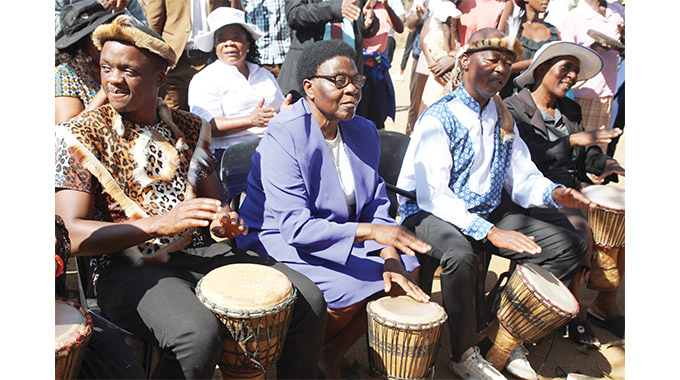
Nqobile Tshili, [email protected]
A BLEND of traditional culture and modernity was yesterday showcased as Bulawayo commemorated 129 years of being declared a town.
Bulawayo was declared a town on June 1 1894, although Bulawayo long existed before that under the Ndebele Kingdom.
Yesterday was a celebration of the city’s diversity with the commemorations running under the theme: “Our culture, our heritage and our creativity”.
The commemorations started with a tour of historic and significant places in Makokoba, the first suburb in the city.
While most people today rush to visit pharmacies whenever they feel ill, in Makokoba there are places like Emkambo where traditional herbs are sold and yesterday’s commemorations enabled residents to have a glimpse of what made the city tick and how Africans dealt with several ailments pre-interaction with modernity.
Craft such as the weaving of buckets was also showcased during the tour of Makokoba. The Big Bhawa (beerhall) as it is affectionately known, also has its stories, which tourists would love to consume as they tell facets of the city which was under development.
Even the dress code of artistes and those who attended the celebrations spoke to the pride of the city blending modernity and tradition.
While Bulawayo Town Clerk, Mr Christopher Dube and Bulawayo Provincial Affairs Minister Judith Ncube among other officials wore formal wear, Chief Mathema, Chief Mathe and the city’s deputy mayor Councillor Mlandu Ncube donned what resembles the Nguni traditional gear.
The city has in the past, been slammed for celebrating the conquest of the Ndebele Kingdom, but yesterday’s commemorations proved that the city’s traditional culture did not die after the conquest and declaration of a town in 1894.
Bulawayo has retained its status as the City of Kings and Queens by naming some of its significant buildings after the Nguni warriors.
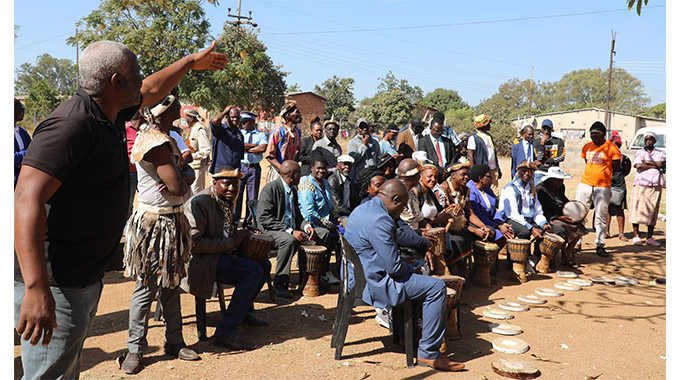
Pupils from Mkhithika Thebe Primary School, itself named after a Nguni warrior, yesterday set the tone for the diversified commemorations through praise poetry that beyond imperialism and colonialism, Bulawayo and the city has honoured the significant people in the Ndebele State. For instance, Mhlahlandela which is now known as the Government Complex in the city was one of King Mzilikazi’s capital cities, while several schools in the city are also named after Ndebele warriors and the regiments. This was captured as the pupils recited a poem showing the growth of the city with its different suburbs.
Pupils from Mahlathini Primary School wowed the gathering as they performed traditional dances with Hloseni Arts complementing them as they showed why experience is called the best teacher.
Renowned historian Mr Pathisa Nyathi provided a shift from entertainment to serious political consciousness, showing that Makokoba, Stanley Square and Stanley Hall were of historic significance to the cradle of the modern-day city.
He said Makokoba became home for political heavyweights and some of the tragic and beautiful moments of the struggle were recorded at Stanley Square.
“The body of the late national hero Samuel Parirenyatwa exited from this place (Stanley Square) as it was being taken to Harare for burial. George Silundika tied the knot in this place,” he said.
Mr Nyathi said Makokoba should be understood within the colonialists’ lenses of racism and oppression and later on, resistance.
“In understanding Makokoba, we should understand that there was a conquest. The Ndebele nation was destroyed in 1893 and all this is seen in Makokoba. The second thing is that after the Ndebele were defeated and their capital was destroyed, the whites came to settle,” said Mr Nyathi.
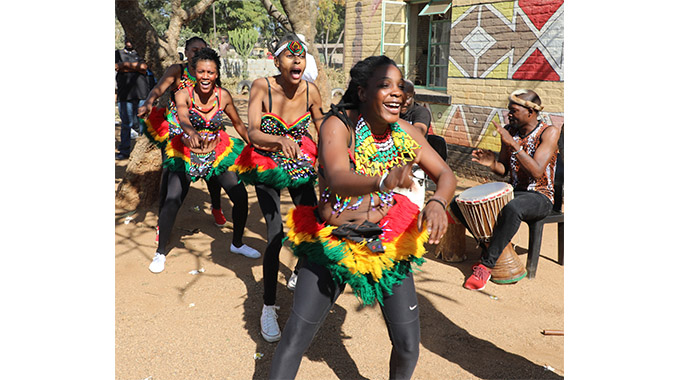
“You cannot talk about Makokoba without talking about racism. The other thing that I can say relates to Cecil John Rhodes. Cecil John Rhodes was mischievous, he could not believe that Africans could drink clear beer. He didn’t want that, that is why you would hear people talk of izikokiyana (illicit beer) in Makokoba as people were brewing beer and this was done by women. OmaDlodlo, OmaMkhwananzi — Nguni women who had power, are the ones who brewed beer.”
He said Stanley Square became a place that showcased the social, cultural and political life of Africans. Mr Nyathi said nationalist and trade unionism politics started in Makokoba with individuals such as Masotsha Ndlovu.
He challenged the city to create a museum that will document the various transitions that the city has passed through.
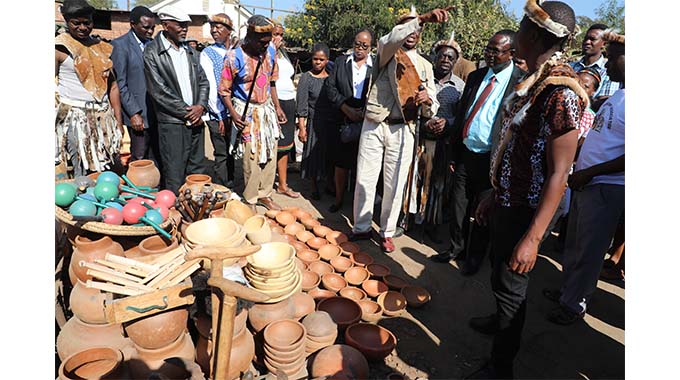
“Mr Dube, may you try while we are still alive to assist in that regard. I came to Bulawayo in the 1960s and we found a green car that was picking litter in the city. Where is that vehicle? You can’t show it to the people. The city used to carry faeces using horse-cart trailers in the morning and those people didn’t want to be seen. Where is that cart?” said Mr Nyathi.
“Even the laptops that you are using, in 50 years, it will be a spectacle that you used this. You could be having one of the biggest museums showcasing all your cars. The first fire tender, where is it? You dispose of everything and you are destroying the history which you are supposed to preserve.”
He said it was not good for the city to be disposing of all the mayoral cars as some of them could tell the city’s history and generate funds.

In response, acting Mayor, Clr Ncube said the council will be deploying the Town Clerk and his team to engage Mr Nyathi on the issue of establishing the city’s museum. – @nqotshili


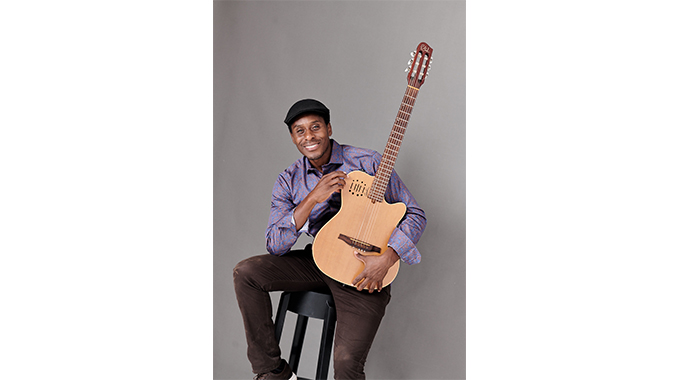








Comments